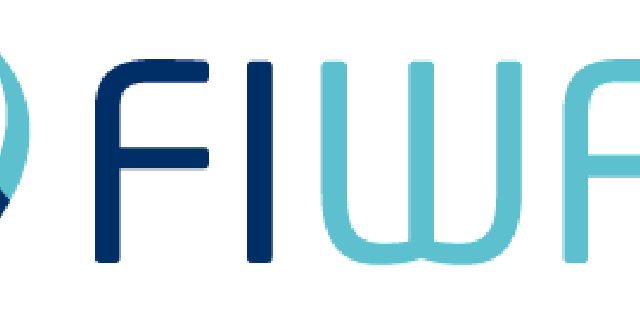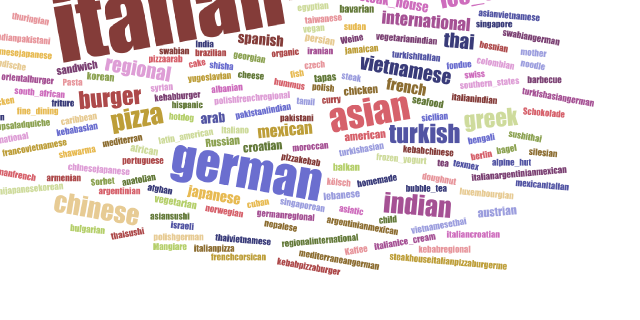Why citizen engagement matters
Around the world, a growing number of Open Government initiatives work to address transparency, accountability and participation of residents. Citizen tech and Government tech hold great potentials to foster citizen and government collaboration and mutual trust. Technologies may serve virtuous purpose only if developed with proper ethic in mind.
Moreover, these projects require appropriate open data solutions and user friendly interactions, to ensure that technologies duo not become black-boxes putting data at threat. The output of successful implementation of technologies for public institutions and communities will be in efficiency gain to take action, in cost minimization to run governments, trust among stakeholders, participation of larger groups of residents.




